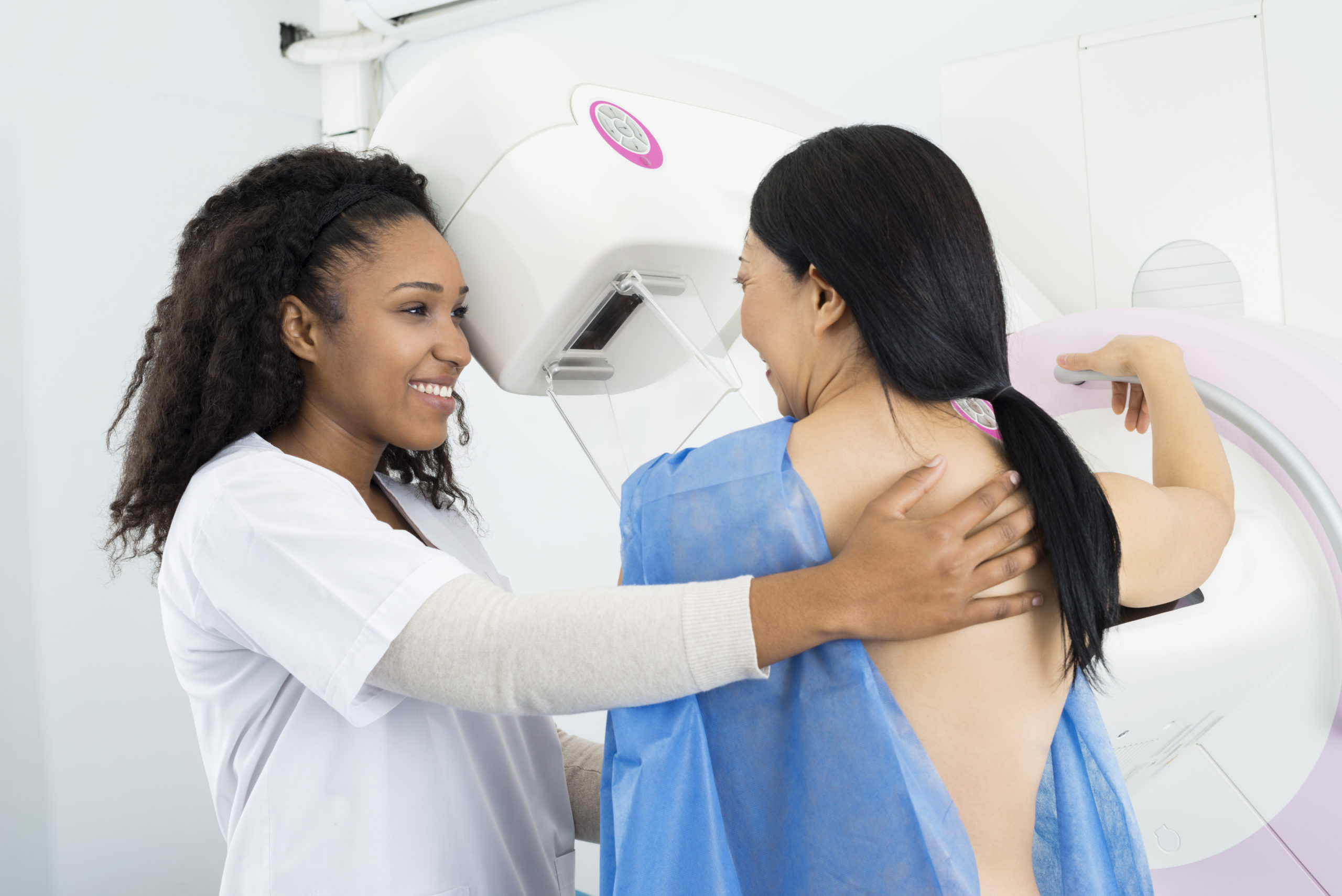How to Prepare for a Mammogram
Starting at age 40, most women will begin getting annual mammograms to screen for breast cancer. This preventative screening is vital to detecting cancer early. With early detection, women can get the treatment they need to beat this deadly disease. Since mammography screening became widely available in the 1990s, more cancer was caught in the early stages, leading to a lower mortality rate.
If you’re going in for your first mammogram, it is important to understand the procedure and what you can do to prepare for it.
What is a Mammogram
A mammogram is a type of x-ray that is used to detect breast cancer. It can help to find tumors that are too small to be felt during a physical examination. Mammograms are most often used as part of a screening program for women who are at risk for breast cancer. They are also used to diagnose breast cancer in women with symptoms.
Most women should have a mammogram every year starting at age 40. Women with a family history of breast cancer or who have had breast cancer may need to start having mammograms earlier or have them more often.
Mammograms use low-dose x-rays to create an image of the inside of the breast. The images can show changes in the breast that might be cancer, such as a lump or mass, or calcifications (areas where the breast tissue has been replaced by calcium deposits). If a woman has any symptoms of breast cancer—such as a lump or discharge from the nipple—a mammogram can help to determine whether they are caused by cancer.

Most women who have a mammogram do not have cancer. However, mammograms are the best way to find breast cancer early, when it is most likely to be treated successfully. Breast cancer that is found early is less likely to spread and is more likely to be cured. For these reasons, all women who are 50 years or older should have a mammogram every two years. Some women may need to have mammograms more often, depending on their risk factors. Talk to your doctor about when you should have your next mammogram.
What to Expect at Your Mammogram
When you go for your mammogram appointment, the technologist will ask you to remove your clothes from the waist up and put on a gown. You’ll likely be asked to stand with your arms raised above your head and to press your breasts together. Some women are also asked to lift their breasts upward. The technologist will take images of each breast. You may feel a little pressure as the images are taken, but there is generally no pain. If you’re uncomfortable standing, you can usually sit in a chair instead.
Depending on the results of your mammogram, you may need further tests. Your doctor will advise you about what these tests are and whether you need them.
Generally speaking, follow-up care for a mammogram is the same for everyone. However, if you are pregnant or nursing, have implants, or are experiencing breast pain, you may need some special care. Talk to your doctor about what to expect.
To get the most accurate results from your mammogram, it’s important to prepare for it properly.
Here are a few things to keep in mind:
- Try to schedule your appointment for early in the week. That way, if you do need further tests, you won’t have to wait long for results.
- Make sure you’re well-hydrated before your appointment. Drink plenty of water in the days leading up to it.
- Don’t wear deodorant or perfume on the day of your appointment.
- If you’re pregnant or nursing, let the technologist know. You may need a different type of mammogram.
- If you have implants, let the technologist know. There are some specific instructions you’ll need to follow.
- If you’re experiencing breast pain, let the technologist know. He or she may want to take a few extra images.
Schedule Your Mammogram Today
At ImageCare Radiology, we offer a variety of diagnostic imaging services, including 3D mammograms enhanced with Artificial Intelligence. If your doctor has requested a mammogram, give us a call today at 973-871-3333 to schedule an appointment or complete our convenient online appointment request form.